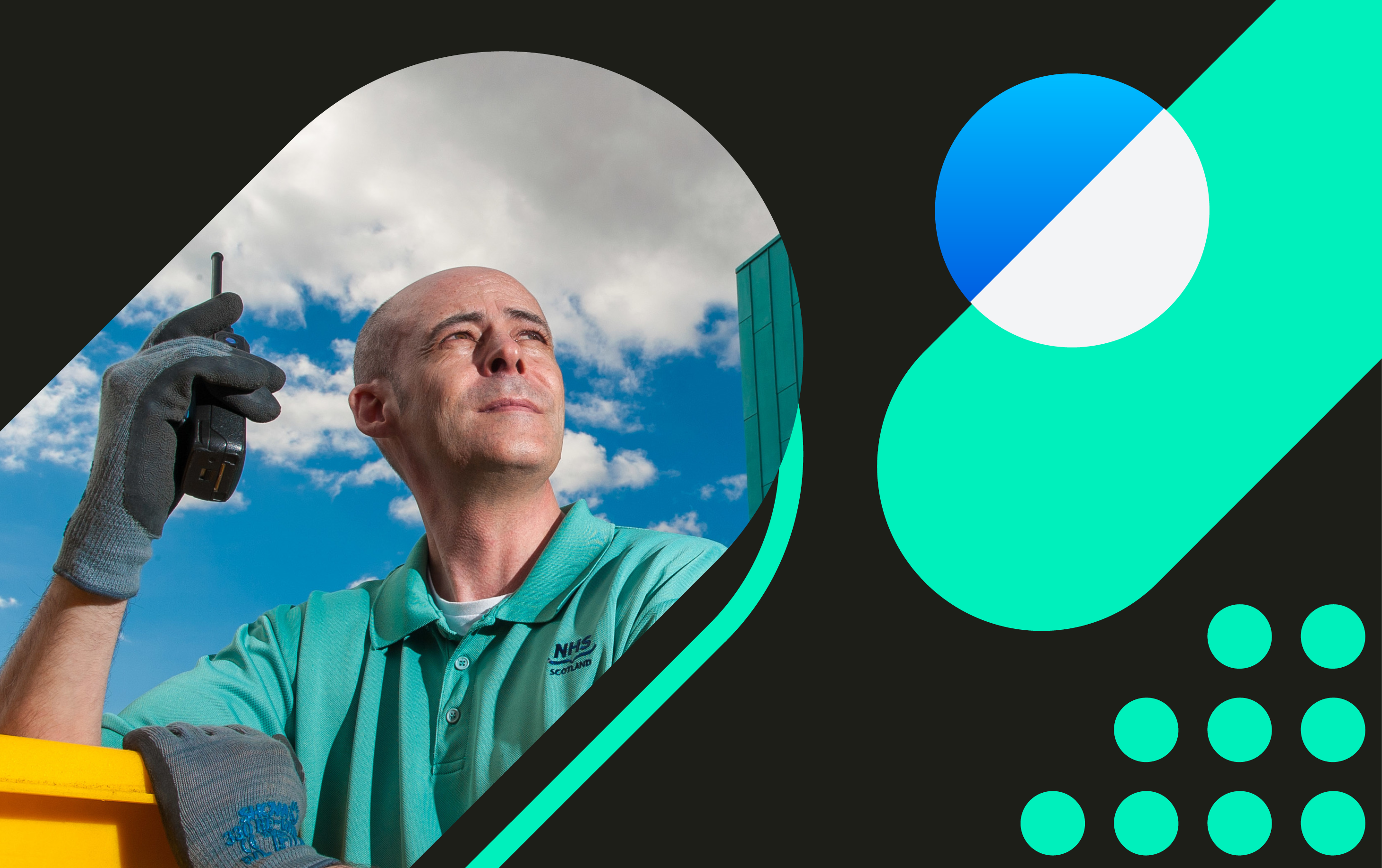
AI will never have capacity to replace human trailblazers or ‘understand art of the impossible’
Artificial intelligence (AI) will never have the capacity to replace human innovation or ‘understand the art of the impossible’, according to a formal NHS Scotland partner
While many tech commentators insist that the continuous evolution of AI means that some industries could eventually see jobs endangered and people replaced, InnoScot Health says that innovators will never number among them.
It also insists that AI cannot supersede the human relationships which are so vital to the successful delivery of healthcare underpinned by patient-clinician trust.
Last month, research published by Edinburgh-based software house ClearSky Logic, noted that the majority (57%) of small and medium-sized firms have already invested in AI.
The company reported that IT systems (36%), admin (29%), and sales and marketing (21%) are key areas for AI integration which are being targeted by SMEs in a bid to achieve productivity gains.
AI-inspired healthcare achievements in Scotland so far include its positive impact on everything from radiology research and the development of devices and pharmaceuticals to evolving diagnostics and preventative medicine — with the benefits only set to continue.
InnoScot Health’s Head of Innovation, Robert Rea said: “People remain genuinely concerned that AI could one day render their skillset obsolete and even replace them altogether. Given the consistent rise and now wide availability of this technology, it’s an understandable concern.
“In Scottish healthcare, however, I see only benefits — those of the ability to supplement human expertise with automation to make processes quicker and often more precise, improved disease detection, and much more.
“But always with people providing the supervision, experience, and expertise required to ensure the tech they use produces the result that they want, ultimately for patient benefit.
“NHS innovators are a particularly interesting example. AI works by analysing and understanding patterns which have come before. It cannot make that imaginative leap to something entirely new like the human brain can.
“AI cannot understand the art of the impossible — the very human belief that seemingly insurmountable challenges can be overcome, driven by a complex, unique, and irreplaceable mix of true creativity, emotional intelligence, ambition, understanding of the subtle nuances to societal problem solving, and the capacity for relationship building. In other words, the vital ingredients for successful innovation.
“It is worth further noting too that only intellectual property created by humans can be protected by patents, copyright etc. and that creations made by AI cannot.”
The World Economic Forum's (WEF) Future of Jobs Report 2025 forecasts that AI could trigger the most significant labour transformation since the industrial revolution and has urged upskilling to accommodate a potential net gain of 78 million jobs.
Robert continued: “There may be a seismic global shift in years to come, but innovators will always remain one step ahead of AI in their ability to imagine solutions which have never existed. They have the power to turn ideas into reality thanks to deep insight and the support of strong, collaborative relationships.
“That is where NHS Scotland workforce ground breakers have traditionally thrived and where they will continue to thrive with AI augmenting those efforts.”

Got an idea?
Every innovation starts with an idea. Ideas from people like you. People working within health and social care who can spot opportunities, solve problems, and identify ways to make things better.
If you have an innovative healthcare idea, then InnoScot Health would like to hear from you. You can start by booking a consultation or submitting your idea.
Chat